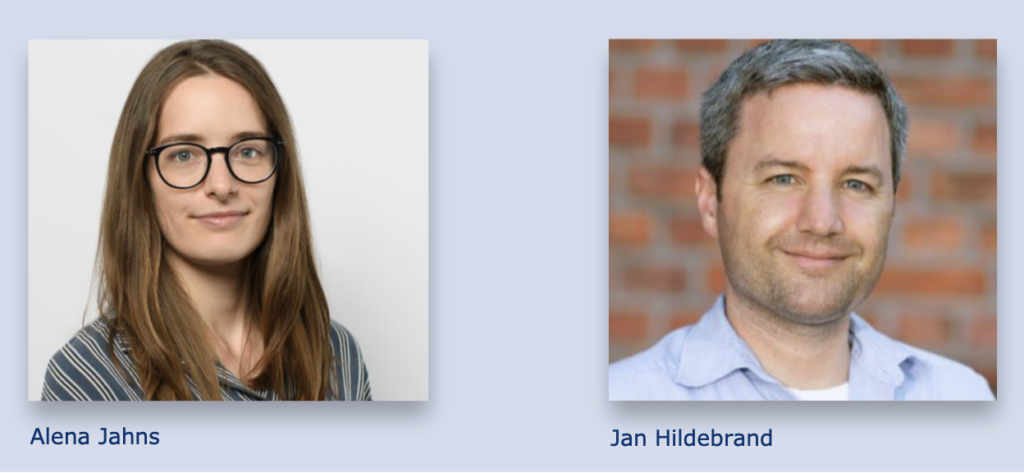Stakeholder Perspectives Along the Entire Value Chain – Interview with the WaterProof partner IZES gGmbH
Alena Jahns and Jan Hildebrand answer four questions on consumer perception of CO₂-derived consumer goods
The Horizon Europe project WaterProof is developing an innovative process for the electrochemical conversion of CO₂-emissions from waste incineration and wastewater treatment into formic acid. This formic acid is a base chemical that can be used for the production of consumer goods such as decalcifier in cleaning products or for the tanning of (fish) leather. Since CO₂-based consumer products is a rather novel subject for consumers, the project partner IZES aims at analysing the public perception of cleaning products based on CO₂ from wastewater in a consumer survey: https://waterproof-project.eu/news-media/

Alena Jahns and Jan Hildebrand state: “We know from various studies in the field of sustainable consumption that different factors influence personal consumption behaviour, i.e. the decision to buy and use a product. In addition to personal factors such as ecological orientation or socio-economic status, these naturally also include product characteristics.”
In their interview, they further elaborate on the methods to examine consumer and market perceptions of CO₂-derived consumer products, the impact of consumer perception on adoption of CO₂-based products in the industry and the role of stakeholders for successful market entry.
Read the full interview here: https://waterproof-project.eu/wp-content/uploads/2024/09/24-09-02-WATERPRROOF_Jahns_Hildebrand.pdf

WaterProof (urban Waste and water Treatment Emission Reduction by utilizing CO₂ for the PROduction Of Formate derived chemicals) aims at closing the waste(water) carbon loop by creating a novel biorefinery concept converting CO₂-emissions from urban waste treatment facilities into valuable green consumer-products. The objective is a technology resulting in greenhouse gas-reduction based on CO₂ utilisation, replacement of fossil feedstock and industrial electrification. This way, WaterProof enables the closing of the waste(water) carbon loop and the shift from fossil to renewable carbon sources. It hereby supports the transition towards a climate-neutral Europe and an effective and truly circular economy.
Find more information on the project here: https://waterproof-project.eu/

Funded by the European Union. Views and opinions expressed are however those of the author(s) only and do not necessarily reflect those of the European Union or European Health and Digital Executive Agency. Neither the European Union nor the granting authority can be held responsible for them.
Source: nova-Institute, original text, 2024-10-07.
